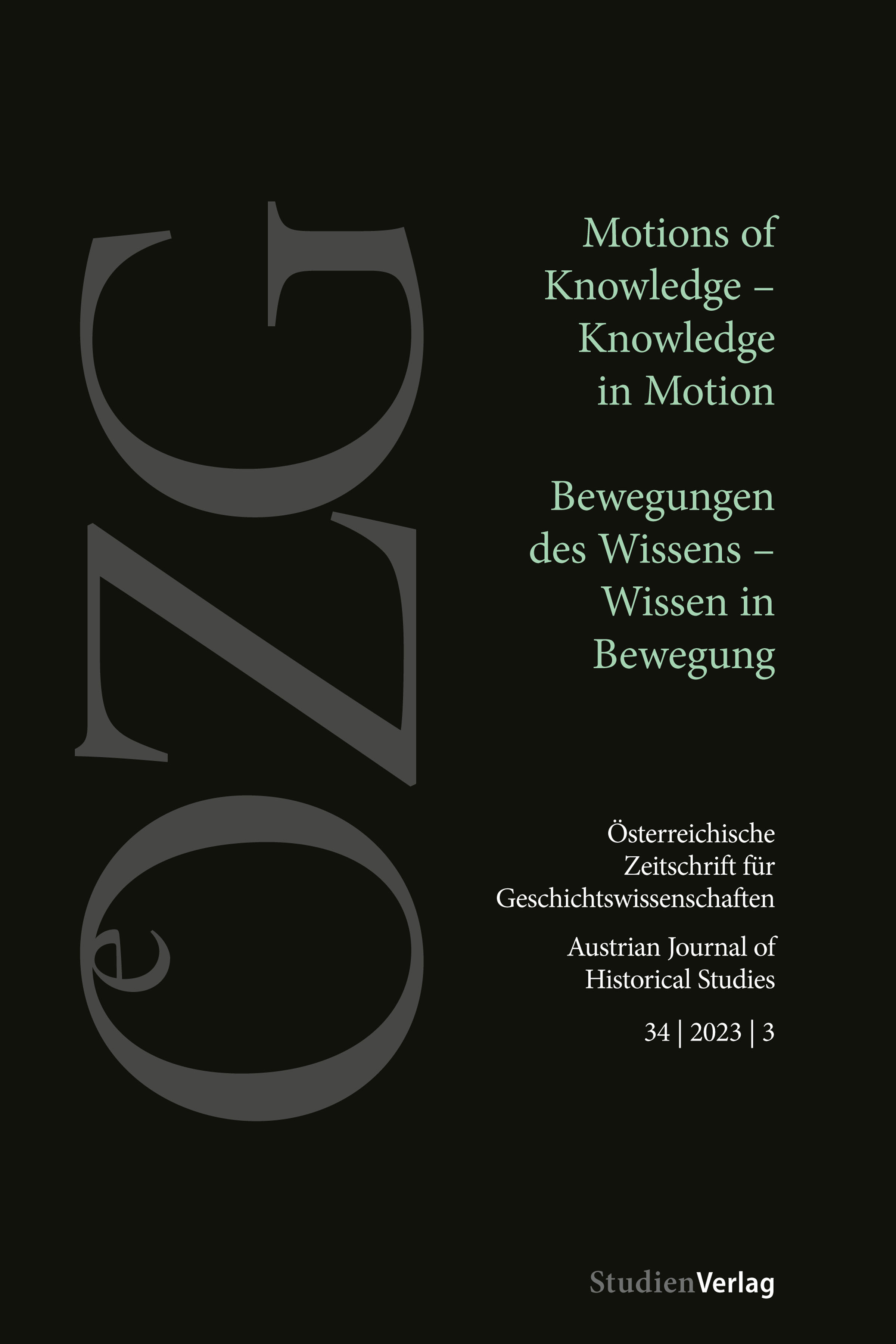Negotiating Balkan Alterity. Representation and Knowledge of Southeast Europe in the Work of the Balkan Committee1
DOI:
https://doi.org/10.25365/oezg-2023-34-3-3Schlagworte:
British liberalism, Eastern Question, Balkans, political activism, travel literatureAbstract
The Balkan Committee was founded in London in 1902 in response to growing British concerns about unrest in the European provinces of the Ottoman Empire. Its key objective was to monitor local events and inform the British public about regional developments. The Committee claimed to be a hub of valid, reliable, and expertly processed knowledge about the region. In this paper I attempt to reconstruct how the members of the Balkan Committee interpreted political developments in Southeast Europe and how they circulated knowledge through various British social organisations. I show that the knowledge disseminated by the Balkan Committee was a resource that fuelled and mobilised British public opinion and political and economic interest in the region. At the same time, the efforts of the Committee members resonated with their historical and social anxieties: the better they understood the Balkans, the better the chances of avoiding a European conflagration in particular, and the easier they would be able to facilitate the progress of the local population in general. I argue that the Balkan Committee framed the information and facts at their disposal in accordance with British travel writing traditions, which fundamentally influenced the way they represented the Balkans.
Downloads
Veröffentlicht
Zitationsvorschlag
Ausgabe
Rubrik
Lizenz
Copyright (c) 2023 Österreichische Zeitschrift für Geschichtswissenschaften

Dieses Werk steht unter der Lizenz Creative Commons Namensnennung 4.0 International.


